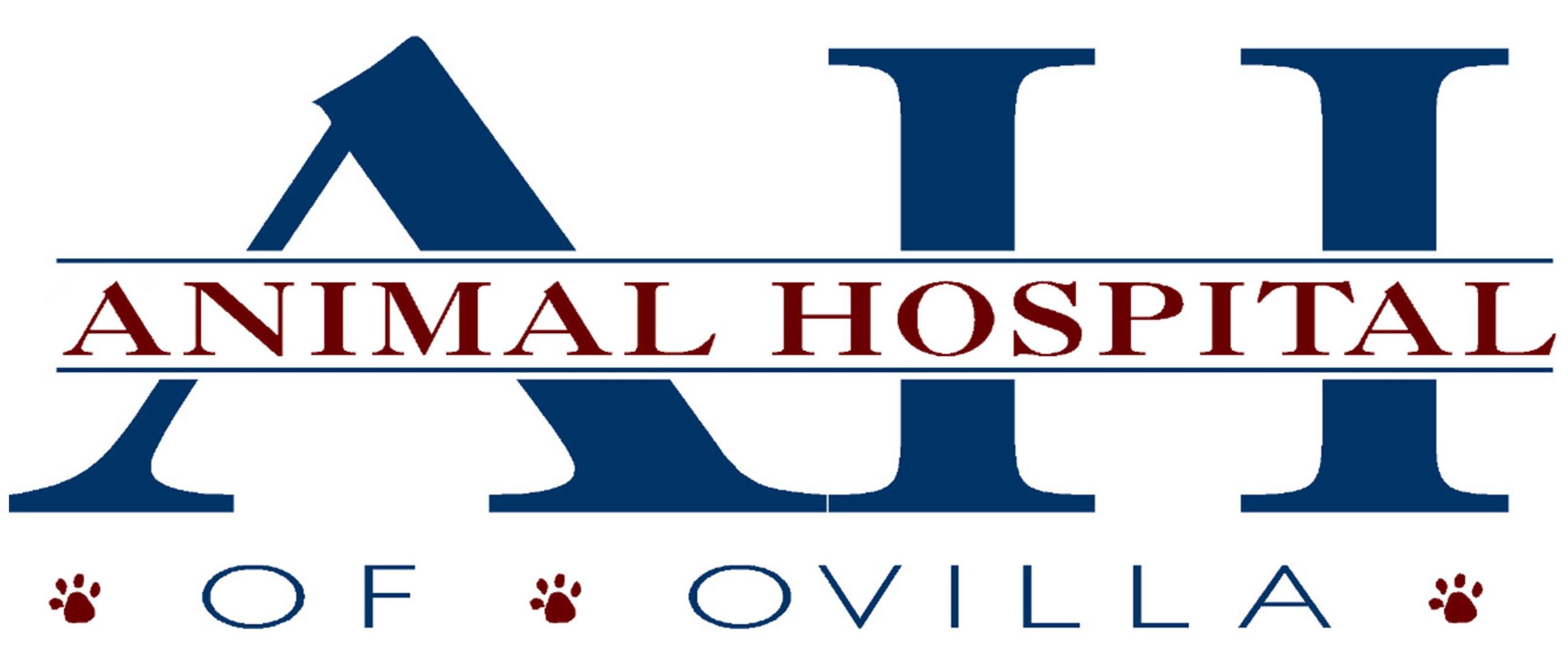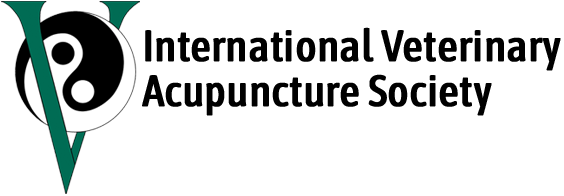
- We require the pet to be up-to-date on all vaccines prior to surgery, to prevent them from contracting (or spreading) any disease while in-hospital.
- If you have not met the surgeon, that doctor will introduce themselves to you before the procedure to answer any questions.
- For pets over 1 year of age, we require pre-anesthetic blood testing to be sure your pet can safely handle the procedure. It will screen for underlying liver and kidney disease, diabetes, anemia and dehydration which can be present in apparently healthy pets. (For pets less than 1 year of age, we recommend testing.)
- We require an IV catheter with every procedure.This will enable better rehydration of your pet after its pre-surgical fasting, increasing their blood pressure and therefore enabling a smoother recovery. It will also allow quick administration of intravenous fluids and medications in emergent situations.
- We have a specific protocol for brachycephalic breeds (such as bulldogs and pugs) to ensure their safety during anesthesia. These breeds are predisposed to airway obstruction, stress-related complications, and higher risks of aspiration, so extra caution is required.
- We include medication to calm the pet and ease them into anesthesia.
- We give the pet pain medication before and after the procedure, customized for the pet and the procedure.
- During the procedure, we continuously monitor the pet’s blood pressure, oxygen saturation, temperature, carbon dioxide, EKG, and respiration using medical-grade surgical monitors.
- During the procedure, we use a heated surgical table to maintain the pet’s temperature.
- The patient is closely monitored by a trained technician before, during, and after the procedure.
- We use cold laser therapy to promote healing at the incision site for spays and neuters.
- Canine and feline spay patients, as well as canine neuter patients, include an overnight stay so we can continue monitoring and administration of pain medication.
- Once your pet is in recovery, you will receive a phone call explaining how the surgery went and get an update on how your pet is doing.
- We customize your pet’s recovery needs with Elizabethan collars (cones) and/or surgical suits.
- We schedule discharge appointments so a technician can review after-care instructions with you in person, and answer your questions.
- You’ll also be sent home with detailed written discharge instructions.
- Our surgical technicians are available during normal business hours if you have any questions or concerns after your pet goes home.
- We follow up after the procedure with a phone call to ensure recovery is going well.
- We remove the sutures and evaluate the surgical site to ensure proper healing has occurred.







